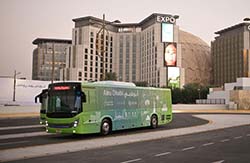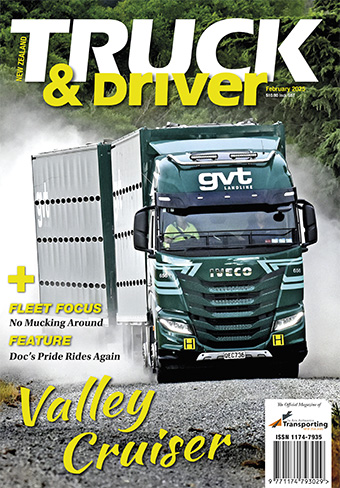
Embrace Innovation ‘To Make Sustainable Transport A Reality For All’
Posted: 25-Apr-2024 |
Reducing the transport sector’s impact on the environment while improving access to service, especially in developing countries, topped the agenda of the UN General Assembly on Wednesday.
Opening its High-level Meeting on Sustainable Transport, Assembly President Dennis Francis urged countries to seize the opportunity to shape a green, inclusive and prosperous future for today and generations to come.
“From public transport to maritime transport, we must embrace innovation-driven approaches – to make sustainable transport a reality for all,” he said.
He stressed that with over one billion people, roughly one-eighth of the planet, lacking access to all-weather roads, “our foremost priority must be to ensure equal access to sustainable transport, particularly for countries in special situations and vulnerable communities.”
He drew attention to Landlocked Developing Countries, Small Island Developing States, and Least Developed Countries and the obstacles to sustainability they face, such as inadequate infrastructure, lack of maintenance capabilities and impaired resilience to climate change.
Mr. Francis urged governments to embrace innovation-driven approaches to make sustainable transport a reality, which also includes honestly confronting negative impacts such as greenhouse gas emissions, a rise in road traffic accidents and exorbitant maritime logistics costs.
At the same time, the myriad benefits should not be overlooked, he added.
“Consider, for instance, how improving access to sustainable transport can considerably enhance school enrolment rates, especially amongst the most impoverished and vulnerable – including girls and economically disadvantaged learners, in far-flung rural and remote areas plagued by unreliable and costly forms of transportation.”
In an increasingly interconnected world, transport and mobility can change lives for the better, said the head of the UN’s Department of Economic and Social Affairs, Li Junhua.
However, fossil fuel use still dominates the sector. More than 95 per cent of its energy comes from petroleum products, and transport also accounts for nearly a quarter of global greenhouse gas emissions.
“Other pollutants from transport, most obviously in cities, directly impact the health of people. Increasing efficiency, reducing fossil fuel use, and investing in public transport must be at the top of our transport actions,” he said.




 + EQUIPMENT GUIDE - FREE
+ EQUIPMENT GUIDE - FREE
